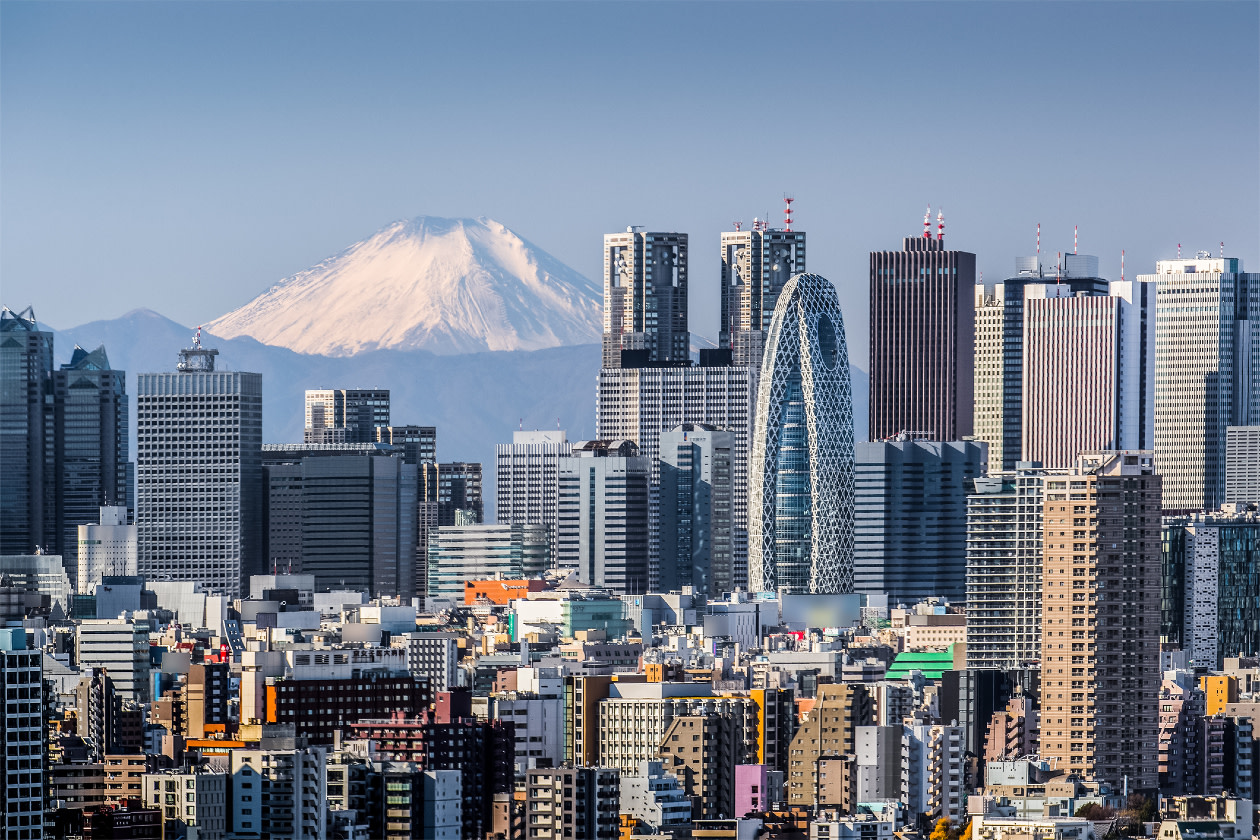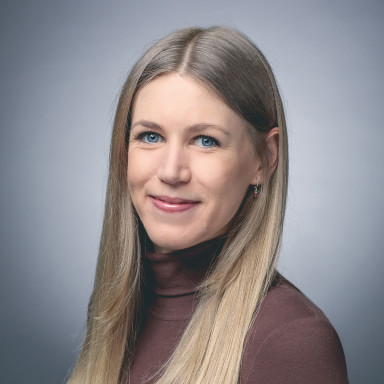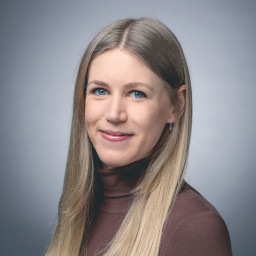Lead fund manager Jeff Atherton has over three decades of experience investing in Japanese companies
We think this fund's a good option for exposure to large, value-focused Japanese companies
The fund has performed well over the long term and tends to do well when value investing is in favour
This fund is on our Wealth Shortlist of funds chosen by our analysts for their long-term performance potential
How it fits into a portfolio
The Man Japan CoreAlpha fund aims to provide investors with long-term growth ahead of Japan’s TOPIX and Russell/Nomura Large Cap Value benchmarks. The fund managers are contrarians and prefer to go against the herd by investing in larger, more-established Japanese companies that are currently unfashionable and out of favour. This is a style known as value investing and the fund managers' discipline in this style sets them apart from their peers.
We think this fund could work well in a global investment portfolio designed to provide long-term growth or sit well alongside a Japanese fund using a growth-style investment approach or focused on smaller or medium-sized companies.
Manager
Jeff Atherton, Head of Japanese Equities at Man Group, has managed Japanese funds since 1990. He's worked for several companies including Insight Investment and Société Générale. Over this time, he's built a deep understanding of the Japanese market.
Atherton joined GLG (which later became part of Man Group) in 2011 as co-manager of the Japan CoreAlpha fund. He took over as lead manager in January 2021 after former lead manager Stephen Harker and co-manager Neil Edwards announced their retirement. Atherton worked alongside Harker for over a decade, using the same value and contrarian investment philosophy, and it's a style he's used throughout his career.
Atherton has the support of co-manager Adrian Edwards and portfolio managers Stephen Harget and Emily Badger, who help with idea generation and provide challenge around investment decisions. Badger’s also deputy manager to Atherton, with more involvement around the construction of the fund. The team is purely dedicated to the Japan CoreAlpha strategy.
Atherton is a highly experienced Japanese equities investor, and we believe he's capable of leading the team and fund successfully going forward.
Process
The team uses a longstanding investing process – investing in companies at a lower share price than their true worth. Lower valuations are crucial to their process, and they aren’t afraid to invest in companies when others are fearful.
The team doesn't invest in ‘cheaper' companies purely because they're cheap, they need to believe the company has the potential to recover. Sometimes a company's assets or profit potential isn't fully reflected in its share price, which could be for several reasons. It might be they've not hit their targets, perhaps there's been a change of management, or maybe there's just a gloomy investor outlook for their part of the market. If this is the case, and the company undergoes a turnaround, the true value of the company could be realised, and the share price could rise. This style is known as value investing.
The team focuses on companies they believe are dominant in their industry, in a good financial position and run by quality management. When they feel the company is popular again and the share price has recovered, they'll sell and move onto the next opportunity. This discipline means the managers tend to invest in relatively few companies, so each one can make a significant contribution to returns, although it increases risk.
The share prices of many companies in the fund performed well over the past year. In keeping with their process, the managers have sold or reduced some of those that have done well and used the profits to invest in other undervalued opportunities where a recovery is yet to happen.
A good example of the process in practice is carmaker Toyota. After performing well and making a profit, the managers sold their shares in the company in early 2024. The shares subsequently fell in value and, as the managers still had a positive view of the company, they bought back shares later in 2024 and it’s once again one of the fund’s biggest investments. Within automakers, the managers have also recently added to their investment in Nissan.
Culture
GLG was founded in 1995 and established itself as one of the largest alternative asset managers in the world. In April 2009 GLG took over the London-based division of Société Générale Asset Management (SGAM), which expanded GLG's investment capabilities and distribution network. GLG was acquired by Man Group in 2010 and was initially known as Man GLG before becoming Man Group.
Man Group offers a diverse range of funds encompassing equities, fixed interest and alternative investments. The firm continues to invest in talent, technology, and research, giving fund managers every opportunity to perform well over the long term. They promote an open and collaborative culture where the sharing of ideas and debate is encouraged.
The managers and the wider team invest a significant amount of their own money in this fund. We feel their incentives are aligned with those of investors.
ESG integration
As a firm, Man Group recognises the importance of Environmental, Social and Governance (ESG) factors. It allows each fund manager autonomy to apply ESG analysis in a way that works for their investment strategy. Each investment team has access to Man Group's ESG Analytics tool, which helps the team monitor non-financial risks and analyse ESG factors on both a single company basis and across the strategy. All Man Group funds are prohibited from investing in controversial weapons.
The firm's Stewardship team exercises all voting rights where practicably possible, in accordance with their voting policy, with basic headline voting statistics published on their website quarterly. Fund managers also engage with the companies they invest in.
The fund managers integrate ESG analysis into their investment process. They work closely with the in-house Responsible Investment team, identifying companies that use more sustainable practices and those that don't. A low ESG score isn't necessarily a reason for them not to invest though, and this fund can invest in sectors that aren’t typically rated highly for their ESG credentials, such as oil & gas.
Investors should note the fund has one of the highest ESG risk profiles of the 100 funds under HL’s research coverage. The companies within the fund could therefore face increased regulatory scrutiny, reputational damage, and operational challenges, potentially impacting the fund's future performance.
Cost
This fund usually has an ongoing annual charge of 0.90%, but we've secured HL clients an ongoing saving of 0.10%. This means you pay a net ongoing charge of 0.80%.
The fund discount is achieved through a loyalty bonus, which could be subject to tax if held outside of an ISA or SIPP. The HL platform fee of up to 0.45% per year also applies.
Performance
Since Atherton joined Man GLG as a portfolio manager in 2011, the fund's performed better than both the TOPIX and Russell/Nomura Large Cap Value benchmarks. As with any fund or investment style though, there have been times when the value investment style hasn’t been in favour and the fund has underperformed.
Since Atherton became lead manager in 2021, the fund has returned 74.66%* versus the IA Japan sector average return of 14.36%. Looking at 2024, the period covering the 12 months to the end of December 2024, the fund grew 12.70% compared with 9.05% for the sector average. As always, past performance isn’t a guide to future returns.
Strong performance from the value investing style more broadly helped performance. However, the managers’ stock selection – their ability to pick and invest in companies that perform well regardless of their style or in which sector they are – contributed the most to performance.
Investments in the financials services sector were strongest. This includes Nomura Holdings and Mizuho Financial Group.
Seven & i Holdings, the Japanese operator of 7-Eleven stores, also performed well after receiving a takeover bid from Alimentation Couche-Tard, a Canadian convenience store operator.
Over the longer term, we expect the fund to perform well when value investing is in favour, though the reverse is also likely to be true. We also expect good stock selection to contribute to long-term returns.
Annual percentage growth
31/12/2019 to 31/12/2020 | 31/12/2020 to 31/12/2021 | 31/12/2021 to 31/12/2022 | 31/12/2022 to 31/12/2023 | 31/12/2023 to 31/12/2024 | |
|---|---|---|---|---|---|
Man Japan CoreAlpha | -13.99 | 16.90 | 16.77 | 14.97 | 12.70 |
IA Japan | 13.72 | 1.70 | -8.26 | 11.72 | 9.05 |


